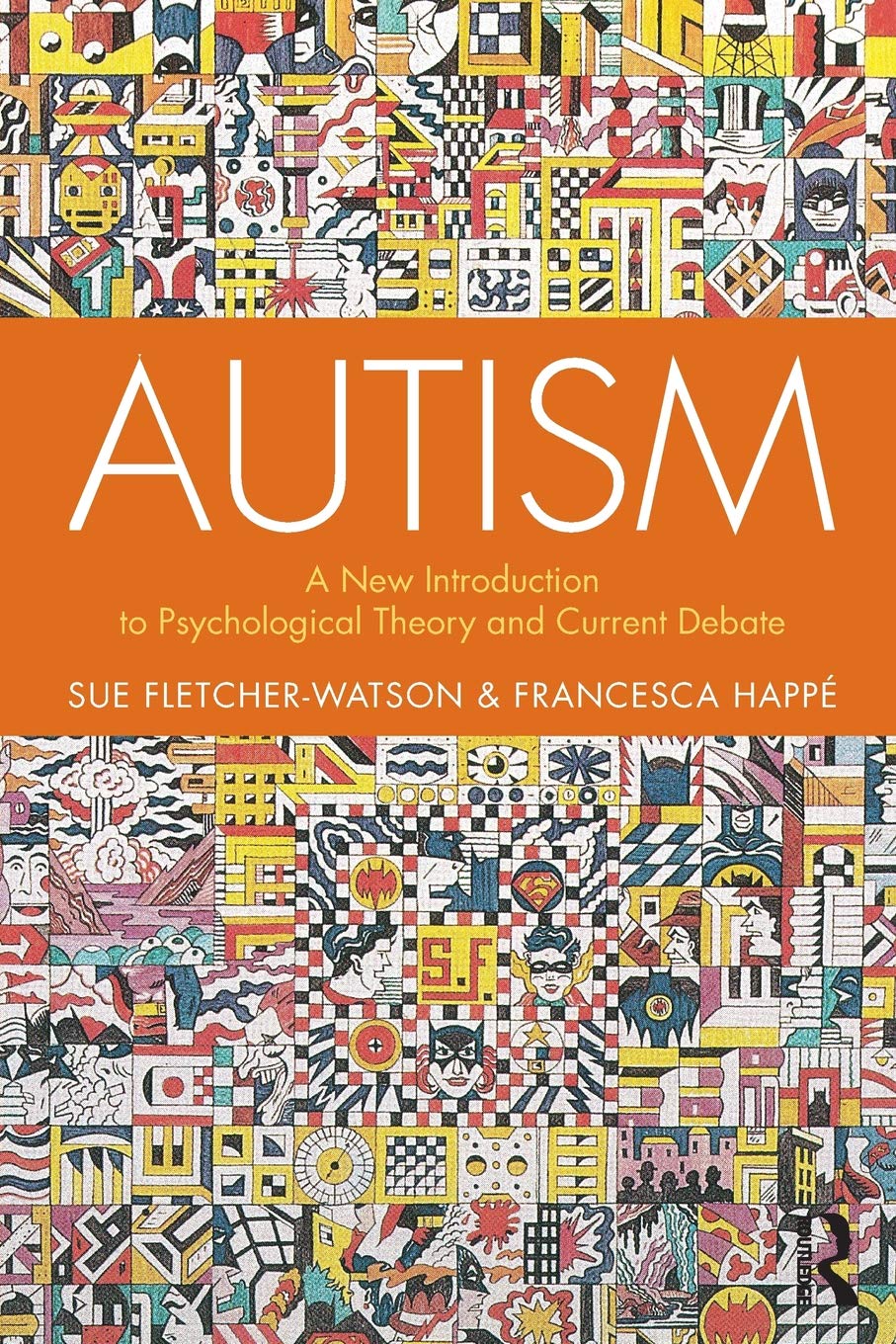Medikalisering i information om autism på Internet
I mitt arbete som skolpsykolog har jag sökt efter information om autism som man kan lämna till föräldrar. Tyvärr är praktiskt taget all information jag hittar genomsyrad av ett utpräglad biomedicinskt synsätt på autism. Jag skall strax ge några exempel, men först vill jag klargöra vad autism är.

